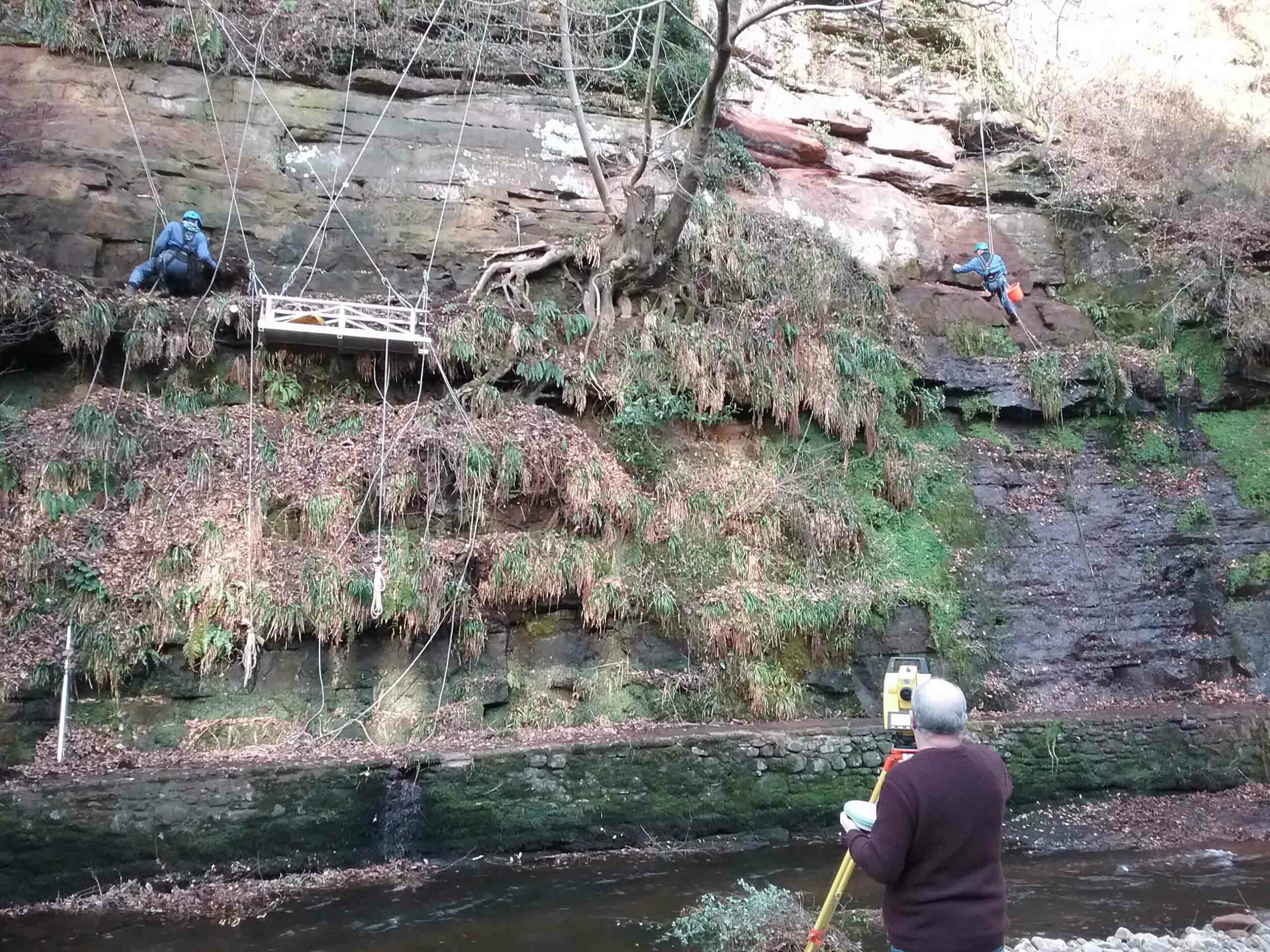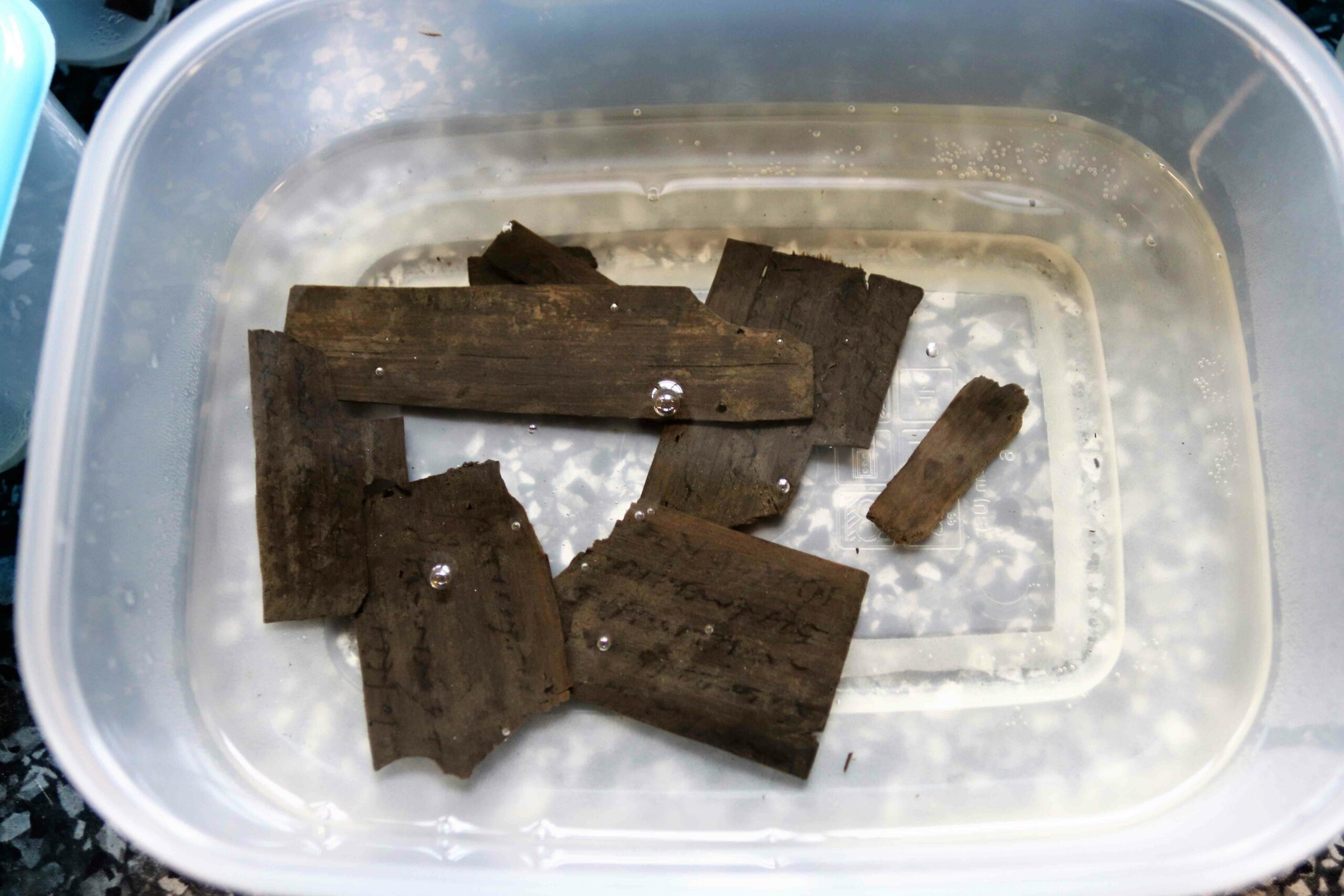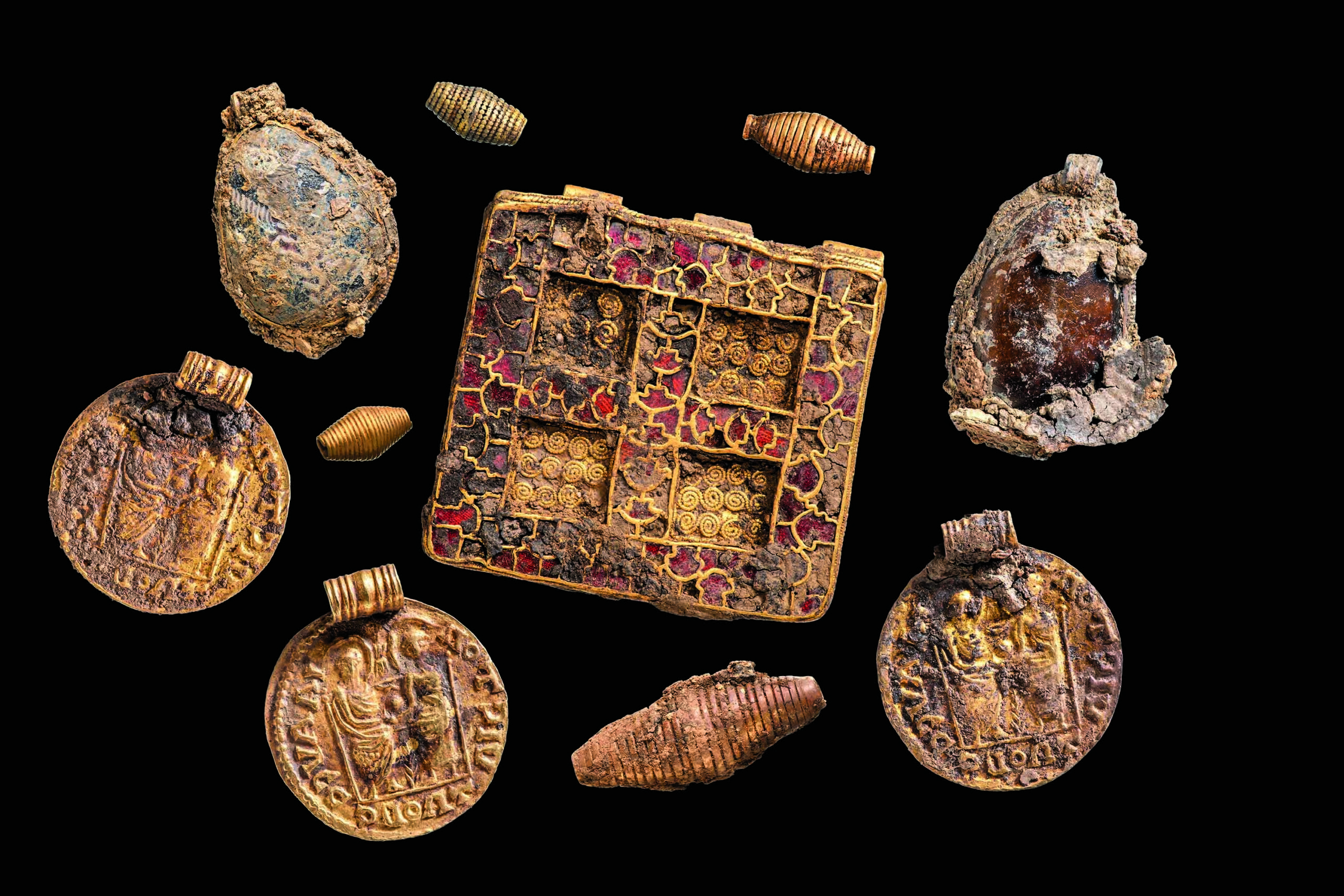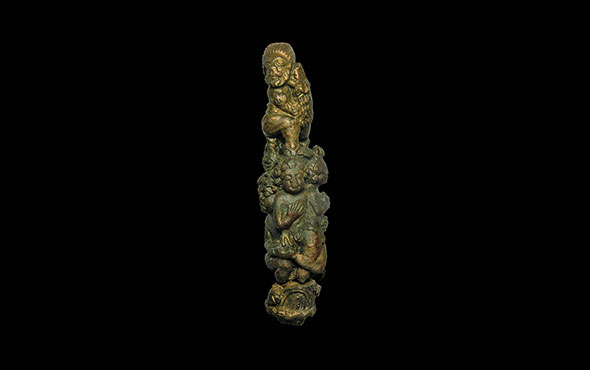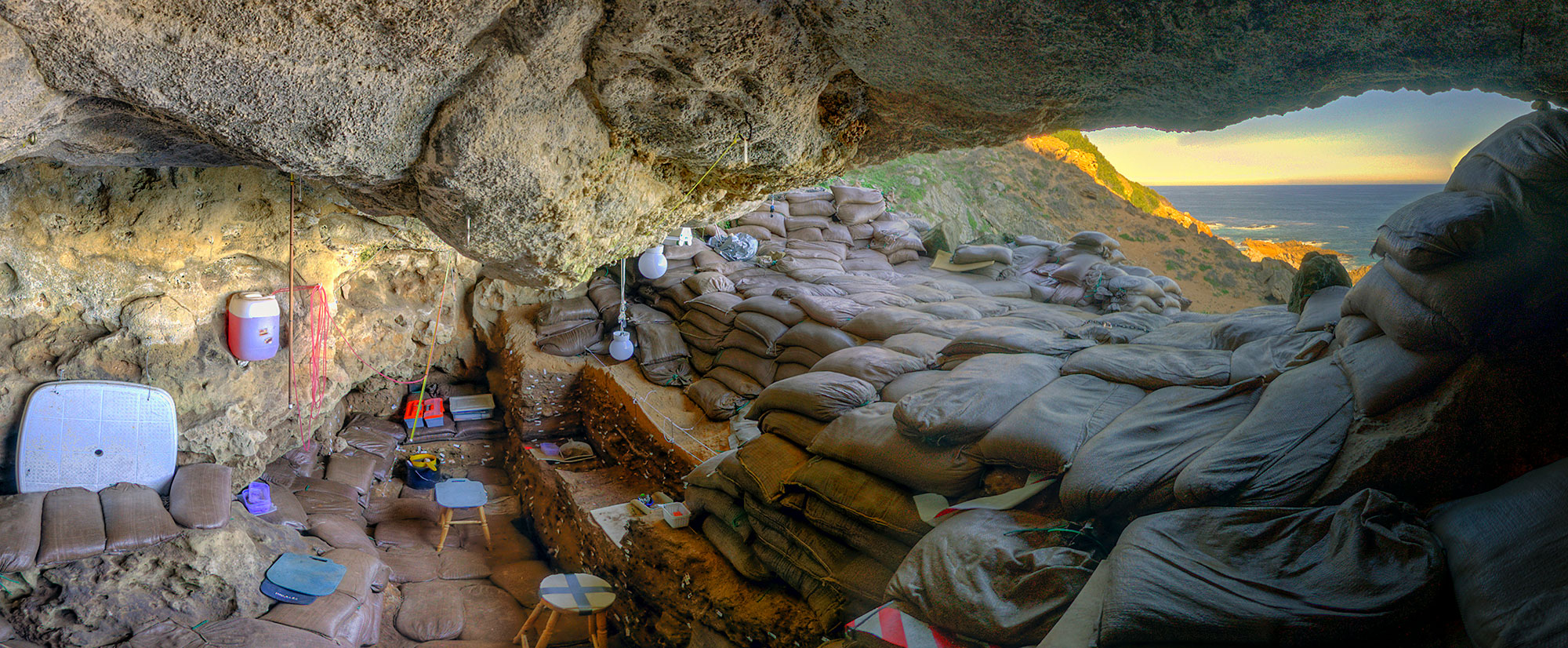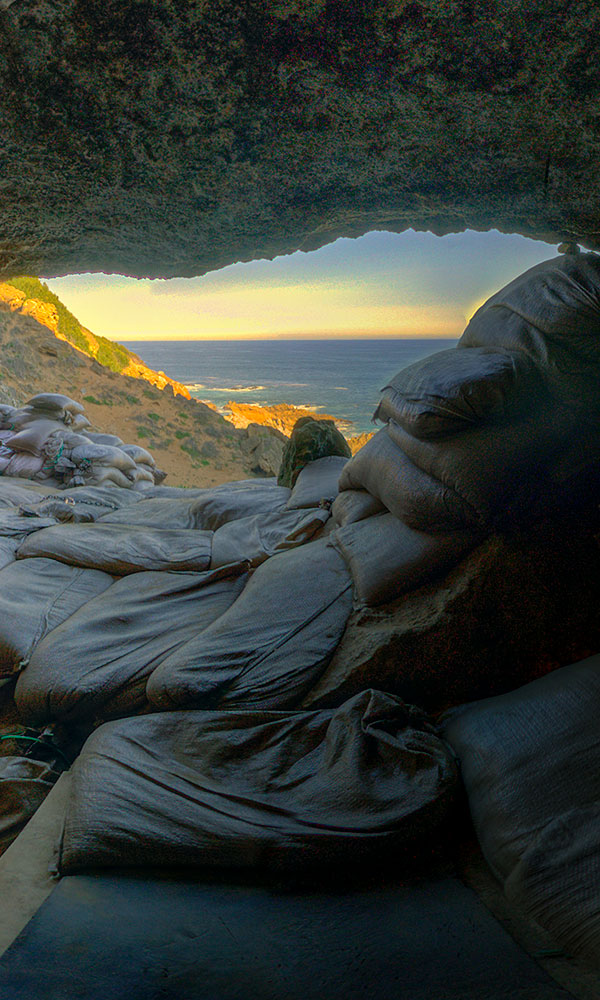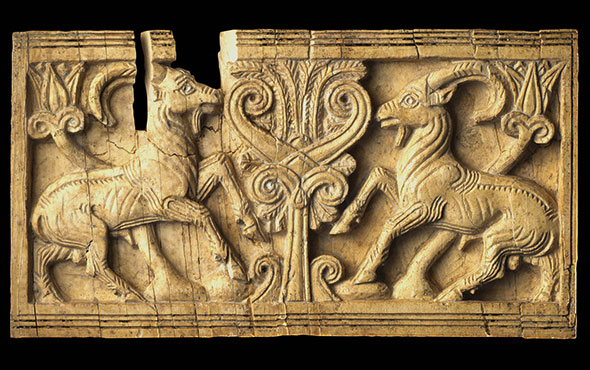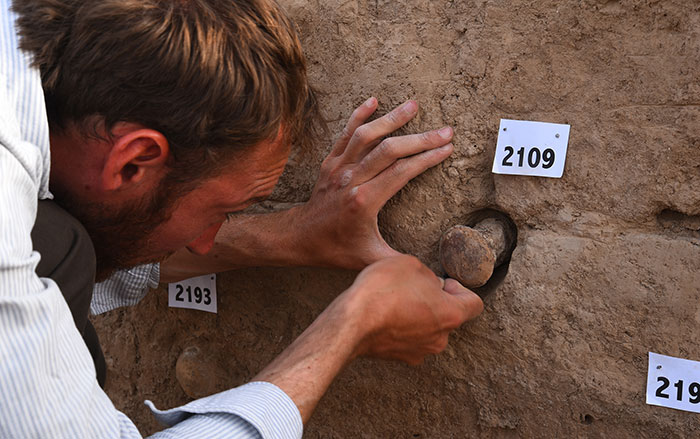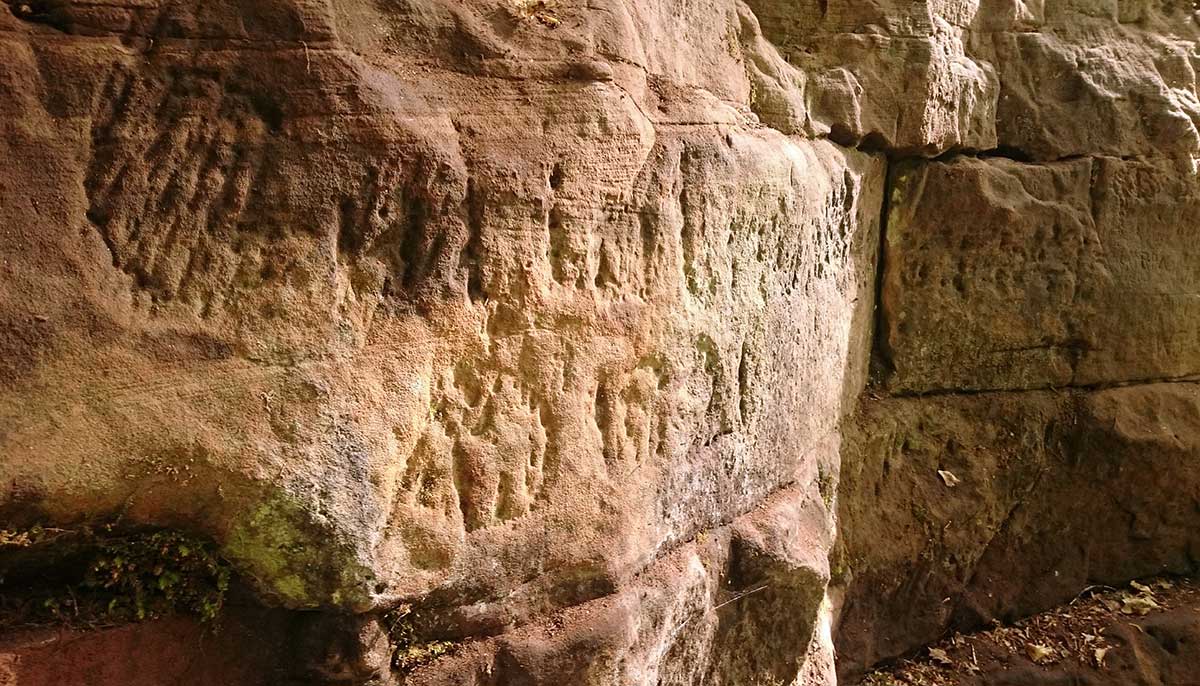
CUMBRIA, ENGLAND—The Guardian reports that Roman graffiti that was discovered in a sandstone quarry in northwestern England in the eighteenth century is now being recorded with 3-D technology by a team of researchers from Historic England and Newcastle University. Known as the Written Rock of Gelt, the quarry is now inaccessible without special climbing equipment. “They haven’t been recorded to modern standards,” said Mike Collins, inspector of ancient monuments for Hadrian’s Wall, “no one has really looked at them for 30-plus years.” The carvings include two eyes and a mouth thought to be a caricature of a Roman army officer, a good-luck phallus symbol, the names of the men working in the quarry, and in some cases, their ranks and military units. One inscription names the consuls Aper and Maximus, which pinpoints the graffiti to A.D. 207, and aligns with orders from the emperor, Septimius Severus, to refortify Hadrian’s Wall. To read in-depth about Hadrian's Wall, go to “The Wall at the End of the Empire.”


